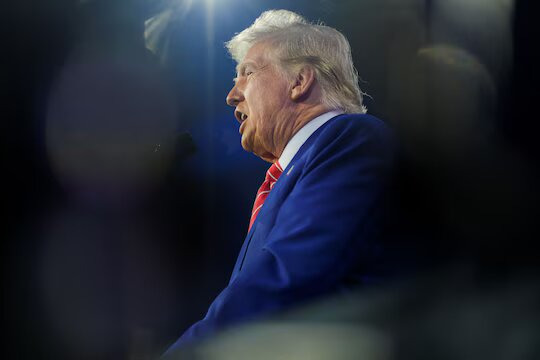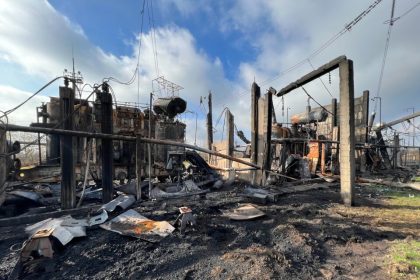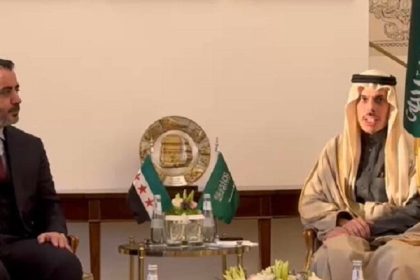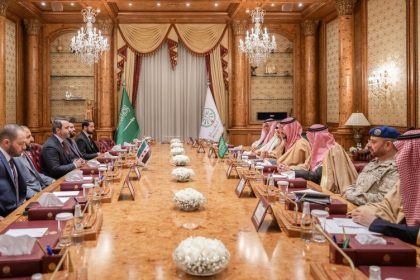The Washington Post: Greater America is Trump’s possible strategy to counter Russia and China
The American media reported that the president-elect’s statements regarding Greenland, Canada and the Panama Canal, which he intends to consider as part of the United States, are part of a policy to “confront Russia and China”.
According to RCO News Agency, President-elect Donald Trump recently made controversial statements about Greenland, Canada, and the Panama Canal, and uses rhetoric in his own style on social networks, which shows Washington’s desire to control these territories.
The president-elect of the United States, who was able to achieve a decisive victory in the November 5th election and thus will hold his inauguration ceremony on January 20th, recently published a message on his social network under the title “Truth Social” about the island. Greenland wrote that the United States should acquire the self-governing island to “ensure its national security and freedom throughout the world.”
He also warned that if the country of Panama continues to charge exorbitant fees from American ships to pass through the Panama Canal, Washington may seek to regain control of the canal.
Trump also proposed that Canada become the 51st US state. It is said that he made these statements for the first time in a meeting with Canadian Prime Minister Justin Trudeau.
The “Washington Post” newspaper writes in a report referring to the policies and approaches of the president-elect of the United States: Trump, who promised to end foreign wars and make “peace through strength” a slogan in his 2024 presidential campaign, in less than a month Ahead of his inauguration, he is crafting an “America First” foreign policy, defined by hostility toward both allies and enemies of the United States, and around the dreams of Territorial expansionism is concentrated and driven by his personal boasting.
This American media continues this report: “Trump’s pre-presidential tactics regarding Canada, Greenland and the Panama Canal will probably not lead to extensive changes. Canadians and their political leaders are unlikely to welcome the dissolution of their country, and U.S. lawmakers have expressed little desire to absorb Canada as a new state.”
So far, Trump’s statements have received many reactions.
“Greenland belongs to us,” said the Prime Minister of Greenland, “Mut Ajad”. It is not for sale and never will be. “We must not stop our long struggle for freedom.”
“Jose Raul Manilow”, the president of Panama, also said: “Every part of the Panama Canal and its neighboring areas belongs to Panama and will remain so, and the right to sovereignty and independence of our country is not negotiable.”
In his own way, the Prime Minister of Canada has made changes in his country’s policy in order to satisfy Trump regarding the policies related to tariffs.
“Washington Post” in this report, referring to what Trump had previously promised and the approach he is taking now, writes: “For a president who highlighted the issue of ending wars and denied starting any war in his campaign, following such behavior And threatening the sovereignty of its allies seems very unusual.”
The “Washington Post” newspaper in another part of this report refers to Trump’s foreign policies towards other countries, including China and Russia, and at the same time quotes an official from Trump’s transition team who did not disclose his name and writes: “The issue US confrontation with Russia and China is a common concern linking Trump’s comments on Canada, Greenland and Panama. This is not a rash and reckless act, but there is a coherent and connected link to all these things. “Trump knows what levers to use and he is in a powerful position to use them.”
Ryan Berg, director of the US program and head of the Future of Venezuela Initiative at the Center for Strategic and International Studies, says: “Trump’s focus on the Western region, which is directly opposed to Russia and China, shows that he is less convinced and convinced that we can achieve results.” Determine national security in other fronts of the world.”
“There is concern about China’s influence over the Panama Canal and the certainty of US activities,” he says. “This could be one of the main routes for deploying US Navy ships from the Atlantic to the Pacific in an emergency where we have a national security interest, like the Taiwan issue.”
end of message
News>RCO NEWS
RCO
















